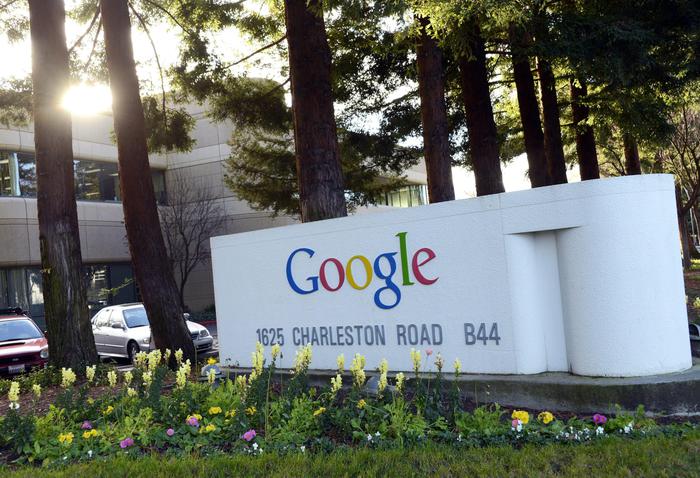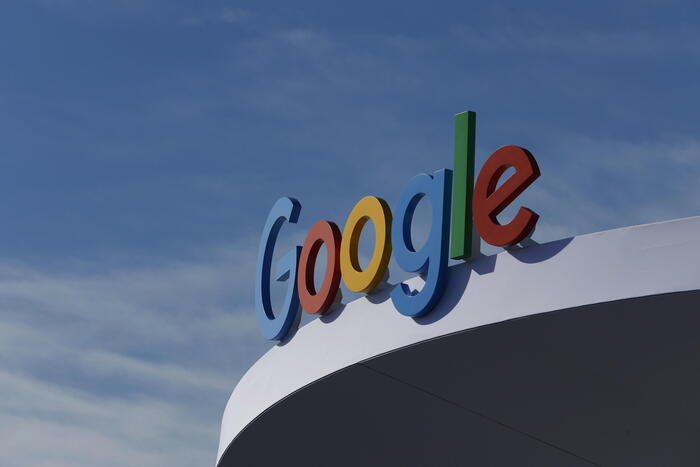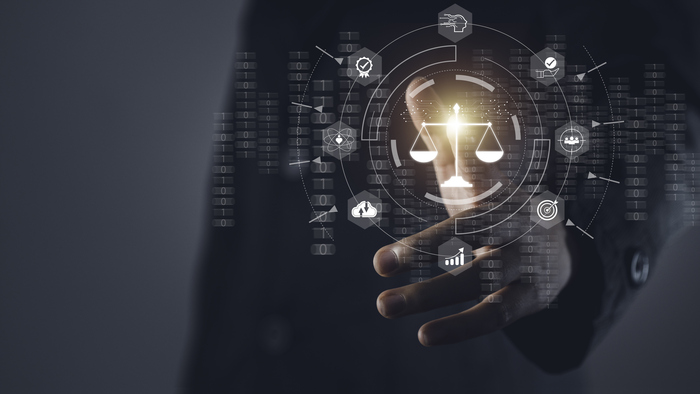The risks are there, needless to deny it. But the opportunities that artificial intelligence puts on humanity's plate are too many to block its development.
The imperative, then, is to regulate it with common and reasonable rules. Preserving human safety. Google CEO Sundar Pichai lands in Brussels and, in the midst of an increasingly heated international debate on AI, which raises questions never asked before (from security to social impact), uses conciliatory tones to ask everyone's support , in particular of the EU and the USA, in finding "an agreement on fundamental values" from which to draw up "a reasonable regulatory framework", made of "proportionate" rules, capable of guiding the technologies of the future and "balancing their potential damages and opportunities social. "
Growing up in India and always fascinated by technology, Pichai believes that "every new invention" can "change people's lives". But, he warns, "we have to be clear about what could go wrong." Starting from the use of tools such as facial recognition. Which Google has currently banned for uses such as mass surveillance. "It involves many risks, we are waiting to see how it will be used," said Pichai, urging governments "to work as soon as possible on regulations" for the development of the controversial technology, widely cleared through customs in China and instead limited to the United States by lines guide presented by the Trump administration. Europe is still thinking about it: the idea is to ban it for the next 5 years, to better weigh its risks. A move that the Mountain View CEO does not seem to fully support, thanks to a time horizon perhaps a little too long, which would stop the development of a technology also used for delicate activities such as finding missing persons.
The key to everything, Pichai is sure of it, is to continue to give importance to man. Protecting his privacy with "responsible and reliable" systems and giving him the opportunity to retrain in the workplace. A perspective towards which the EU "does not start from scratch", on the contrary. Existing standards such as the GDPR for data protection "can form a solid basis" also for artificial intelligence, explains the CEO. And the same goes for other uses of technology, for example in the medical field, where "existing standards are a good starting point". For areas that are still under-explored, such as self-driving vehicles, on the other hand, "governments will have to establish new rules that take into account the relevant costs and benefits". A commitment that Washington and Brussels should carry on "together", Pichai further highlighted, because "companies cannot simply build new technologies and let market forces decide how they will be used" and "nobody" can think of succeeding in "alone" enterprise.
Whatever happens, the impact of AI will be "disruptive" in a budget that, even in an article he signed in the Financial Times, Pichai predicts positive. "The jobs created will be more than lost" and, with "responsible" regulation, emerging technologies have "the potential to improve billions of lives, the greatest risk is that of failing to do so".
AI: Google, reasonable rules are needed from the EU and the US
2020-01-21T10:58:52.083Z

The risks are there. But the opportunities that artificial intelligence puts on humanity's plate are too many to block its development. The imperative, then, is to regulate it with common and reasonable rules. Preserving human safety. (HANDLE)








